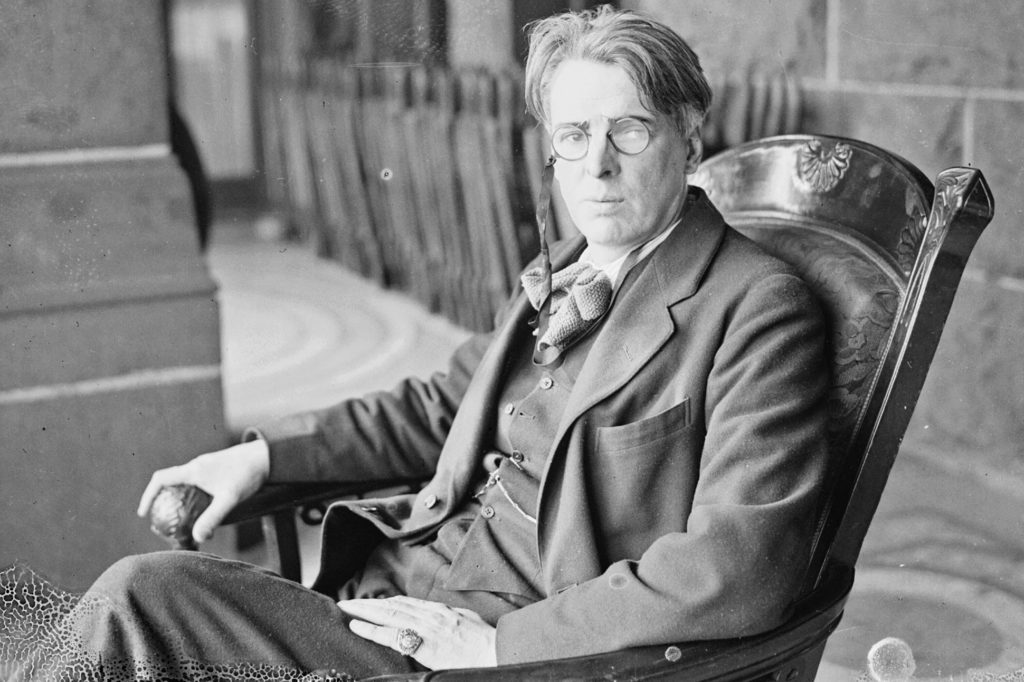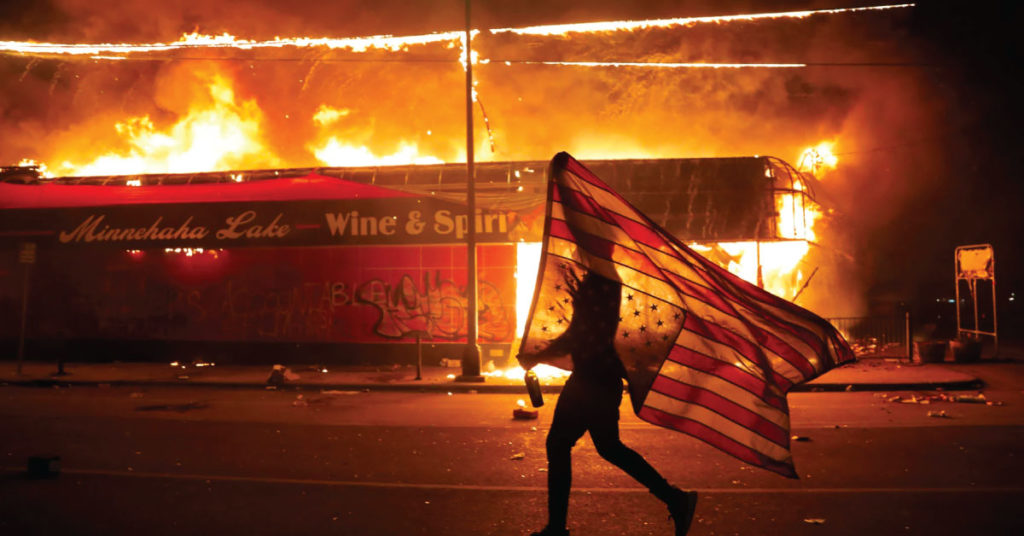By John Brunner
The year was 1972. The election, like the rest of the country, was sharply divided between the “Bomb Hanoi” rhetoric coming from the Nixon re-election campaign and U.S. Sen. Eugene McCarthy’s impassioned calls to “Come Home America.”
I was just 21 years old. It was then that I volunteered for the Marines — during Vietnam. Most people would have compared my high draft number (323) to winning the lottery, but not me; I wanted to “do my duty.” Although I never received orders for combat, I trained to earn the title of Platoon Commander before volunteering again thirteen years later in the start of the Gulf War. In the three decades that have passed since Operation Desert Storm, I built a successful business, ran for office on two separate occasions, once for governor and another for U.S. Senate, and became a grandfather of 13 grandchildren.
But my years as a Marine and in the political arena have shown me firsthand what President Dwight D. Eisenhower cautioned against in his April 1953 speech before the American Society of Newspaper Editors (just four months after taking office): “Every gun that is made, every warship launched, every rocket fired…is a theft from those who hunger and are not fed, those who are cold and are not clothed. This world in arms is not spending money alone. It is spending the sweat of its laborers, the genius of its scientists, the hopes of its children.”
And then Eisenhower brings it home with a choice for America, “The cost of one modern heavy bomber is this: a modern brick school in more than 30 cities. It is two electric power plants, each serving a town of 60,000 population. It is two fine, fully equipped hospitals. It is some 50 miles of concrete highway. We pay for a single fighter plane with a half million bushels of wheat. We pay for a single destroyer with new homes that could have housed more than 8,000 people. This is not a way of life at all, in any true sense. Under the cloud of threatening war, it is humanity hanging from a cross of iron.”
Just as Eisenhower said 67 years ago, in today’s world, war is far too often the means whereby the powerful expand their influence and control over the lives of everyday people. One can hear this warning again in the words in Eisenhower’s iconic farewell address in January 1961: “In the councils of government, we must guard against the acquisition of unwarranted influence, whether sought or unsought, by the military industrial complex.”
Forever wars are not the only option. “Peace through strength” is the foundation to relentless negotiation and mediation.
Reflecting on Eisenhower’s legacy, Andrew J. Goodpaster (the former staff secretary to Eisenhower himself) had the following to say in Congress’ 1986 Commission to Commemorate Eisenhower’s “Centennial Birth,”: “The Eisenhower years must first be characterized as years of peace. President Eisenhower, through skillful and forceful diplomacy, was able to end the three-year old Korean War…He was also able to resolve potentially explosive situations [in] Indochina, Lebanon, the Suez Canal area, Quemay, and Matsu, without resorting to war.”
So let’s roll the clock forward into the heart of American culture by exploring the wisdom of the legendary Merle Haggard and his iconic 2005 ballad “America First”:
“Why don’t we liberate these United States,
We’re the ones that need it worst.
Let the rest of the world help us for a change,
And let’s rebuild America first…
Yeah, men in position are backin’ away,
Freedom is stuck in reverse.
Let’s get out of Iraq an’ get back on the track,
And let’s rebuild America first.”
So where are we today? At a crossroads of crisis — not unlike the Vietnam Era. Just as the song goes, “freedom is stuck in reverse,” as America marches down a destructive path of “forever wars” with no clear objectives, trillions of dollars wasted, no definition of “victory,” and a mission that changes every month — all while our bravest are ceremoniously escorted to their final resting places in veteran cemeteries across America.
What I’ve observed is the so-called “deep state” of Eisenhower’s “Military-Industrial Complex” gains power and influence through perpetual war. . .and to be looking down the wrong end of their rifles can be “hazardous to your health”—political election, re-election, or election to higher office.
What are we to do? What can we do? At every opportunity we must echo Eisenhower and demand our politicians ask, “What is best for America?”
It’s been 48 years since the tension and uneasiness of the 1972 presidential election. Though “Nixon’s The One” ultimately carried the election, it appears McCarthy’s vision has withstood the test of time, his enduring plea of “Come Home America!”
And as America’s finest return, this ‘ol Marine will be standing tall to give ‘em all a salute, as we all rebuild America again!
John Brunner is a businessman, U.S. Marine, and senior advisor at Young Americans for Liberty (YAL).







